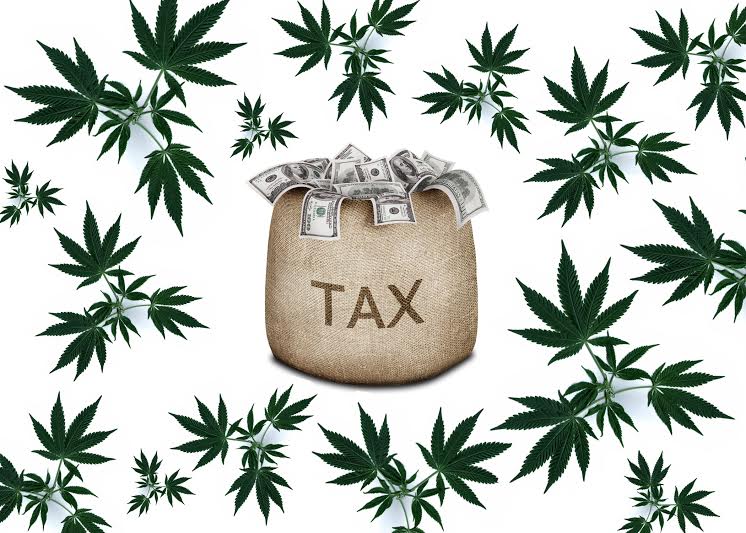Biden’s DOJ lawyers side with IRS on 280E cannabis tax quandary
A U.S. Supreme Court cannabis petition has received an opinion from the Biden administration. This is the first time that, under the new administration, the U.S. Department of Justice has commented on a cannabis court case.
Acting Solicitor General Elizabeth Prelogar led the 22-page filing, which was drafted by four DOJ attorneys. Specifically, the petition contests that state-legal cannabis businesses may be subject to interrogation by the Internal Revenue Service (IRS) for breaching Section 280E of the tax code.
Standing Akimbo – acknowledged as one of Denver’s best medical cannabis dispensaries – is asking the U.S. Supreme Court to reconsider a lower court decision that granted the IRS access to business records for the sole purpose of applying the inconvenient tax code.
James Thorburn, the attorney who provided representation for Standing Akimbo, alerted Colorado Politics reporters of his dismay regarding the Biden administration’s lazy stance towards cannabis reform.
“That is precisely the federal government’s position and has been for many years. We were hoping that the Biden administration would soften that stance,” said Thorburn, adding that, “It, unfortunately, has not and is doubling down.”
What does Section 280E of the IRS tax code entail?
Back in 1982, when drug hysteria really started to erupt across the U.S. and instances of drug-related incarceration became a noticeable problem, Congress created Section 280E of the Internal Revenue Code (IRC).
The real reason behind Section 280E was the concerns that arose after a convicted cocaine trafficker fought in court to deduct ordinary business expenses; just like any other business. Members of Congress didn’t want other drug dealers to get any ideas and, consequently, 280E was created.
Since cannabis remains to be a federally illegal industry, IRS Tax Code 280E – which stipulates that “no deduction or credit shall be allowed in running a business that consists of trafficking a controlled substance” – applies to such businesses operating in this gray area, many of which are forced to run their operations on a cash-only basis.
Here’s an overview of the specifics pertaining to 280E and how it may affect cannabis companies across the U.S.:
- Aims to prevent drug dealers from filing tax deductions on business expenses;
- Targets all state-legal cannabis companies;
- Reduces tax deduction opportunities with the primary goal of boosting taxable income;
- Makes it compulsory for cannabis companies to pay higher federal tax rates in the range of 40-80 percent versus a 21 percent corporate tax rate.
Experts are concerned that Section 280E may be difficult to eradicate
Industry officials remain hopeful that hurdles for federal cannabis reform will be overcome within the next two years. Why? Due to recent Democratic control of the U.S. House, U.S. Senate and presidency.
Notwithstanding the optimism for cannabis reform, industry experts have voiced concerns about Section 280E and the difficulties it faces in regards to being completely banished. After all, the provision generates a significant influx of federal tax revenue for the U.S. economy.
With a comprehensive bill for cannabis reform in the U.S., the inclusion of a federal cannabis tax could potentially offset any government revenue losses from Section 280E.










